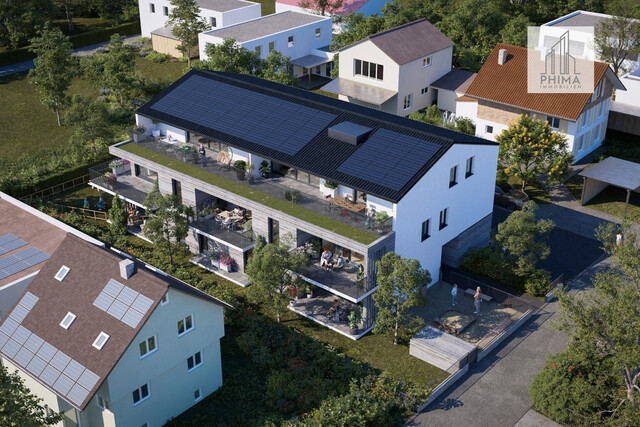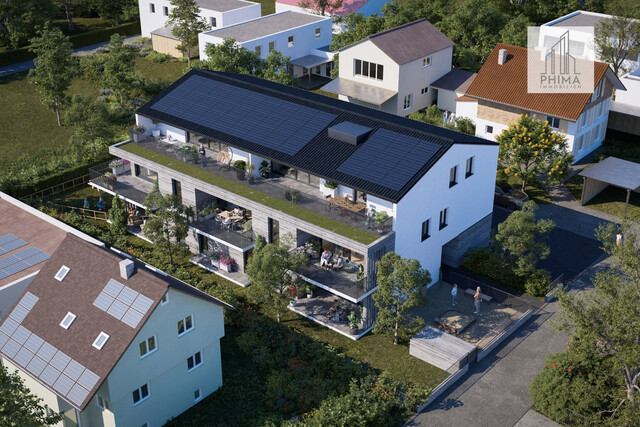Life Expectancy and Education: Academics Live Significantly Longer
The higher the level of education, the higher the life expectancy. Statistics Austria has calculated this correlation again for the year 2023 - men with a university degree are on average almost seven years older than those who have at most a compulsory school education. For women, this difference is about four years.
84.4 vs. 77.7 Years
These figures were calculated based on the so-called further life expectancy, i.e., the number of remaining years of life for 35-year-olds. This age was chosen because most people have completed their education by this time. In 2023, 35-year-old male academics had an average life expectancy of 84.4 years, while men with a compulsory school education had only 77.7 years. The life expectancy of 35-year-old women with a university degree was 87.2 years, while that of women of the same age with a compulsory school education was 83.3 years.
Notably, even compared to male high school graduates or college graduates, the life expectancy of academics increases significantly by about two and a half years. For female high school graduates or academics, this increase is not as pronounced, at only about one year.
Decline in Birth Rate
There are also differences in fertility rates depending on the level of education: Women with compulsory school as their highest completed education have the most children (1.53) - with increasing education level, this number generally decreases. However, on average, high school graduates have the fewest children (1.15), while this number rises again for academics (1.29).
In a time comparison since 2018, the birth rate across all women has decreased from 1.48 to 1.32 in 2023. This decline was most pronounced among women with a compulsory school education (from 1.80 to 1.53), while it remained relatively small among academics (from 1.39 to 1.29).
Also partly responsible for the decline in births was the increase in the average fertility age: In 2018, women were on average 30.86 years old at the birth of their children, and by 2023, this had risen to 31.17 years. With the level of education, the fertility age also increases - for women with a compulsory school education, it is on average 29.21 years, for academics, it is on average 33.50 years. The increase in recent years is mainly due to women with a compulsory school education, while it remained relatively constant for academics or even decreased in 2023.
(APA/Red)
This article has been automatically translated, read the original article here.
Du hast einen Hinweis für uns? Oder einen Insider-Tipp, was bei dir in der Gegend gerade passiert? Dann melde dich bei uns, damit wir darüber berichten können.
Wir gehen allen Hinweisen nach, die wir erhalten. Und damit wir schon einen Vorgeschmack und einen guten Überblick bekommen, freuen wir uns über Fotos, Videos oder Texte. Einfach das Formular unten ausfüllen und schon landet dein Tipp bei uns in der Redaktion.
Alternativ kannst du uns direkt über WhatsApp kontaktieren: Zum WhatsApp Chat
Herzlichen Dank für deine Zusendung.








